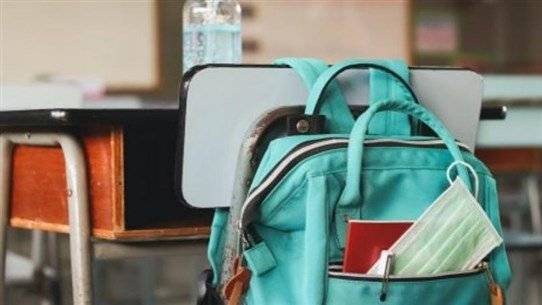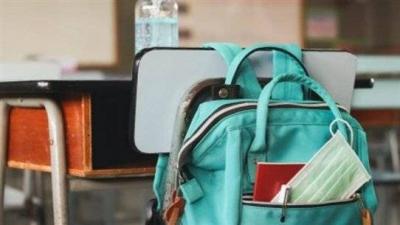Official schools have begun enrolling students, opening their doors for this purpose. However, the start of the academic year remains suspended due to the support and transportation allowances that have yet to be credited to teachers' accounts. Teachers view this delay as a procrastination that will only lead to further postponement of the academic year, despite the Ministry of Education's announcement that the school year will start on time.
The conflict between the teachers and the ministry appears to adversely impact the poor only; teachers themselves have their children enrolled in private schools, as do the wealthy. In contrast, only the poor and day laborers, who earn less than the minimum wage, have their children registered in public schools, which have now become a place for the impoverished and destitute in Lebanon.
Thus, the academic year is precariously hanging in the balance, as the educational future of poor children depends on the decisions of teachers and the willingness of contractors to return to teaching. These contractors are tying their return to the payment of transportation allowances, meaning that the future of poor students is contingent upon transportation logistics.
Many public schools face an uncertain fate. The public school system had started to compete with private schools in Nabatieh for years, achieving significant successes in official examinations. Yet today, it struggles even to purchase paper, let alone other necessary supplies, including diesel which has become dollar-priced. Adding to this are the rising production costs for schools; how can they sustain themselves without support? Will poor students be the ones who suffer the most?
One school director openly states, "The fate of the school is tied to the level of support it receives." She does not deny the urgent need for education, which has suffered significantly due to the COVID-19 pandemic and online learning. There are numerous obstacles facing public schools today, and observers fear they may share the tragic fate of universities, with private schools emerging as the primary beneficiaries, turning into a burden for families, leaving the poor as the biggest losers.
Abu Hassan, a father of three, fears that his children may remain without education this year. He dreams of seeing them return to their classrooms. His son Hassan aspires to become a heart doctor in the future to treat him and all patients. However, Abu Hassan is worried that teaching may halt due to looming strikes. As a janitor in a municipality earning 2.5 million Lebanese Liras a month, he cannot afford to register his children in a private school or pay for transportation, which would require two monthly salaries. "This is beyond my means."
Abu Hassan is not alone in worrying about his children's future. Ibrahim also could not register his children in a private school because it is, according to him, "for the rich, while the poor have to rely on public schools." What bothers Ibrahim is that the state, through its economic policies, has marginalized the poor, leaving them unable to educate their children or afford medication. "We can't even buy stationery; this is despair," says Ibrahim, who calls on the Minister of Education and teachers to show compassion toward students and to fight their battles away from the poor, not at their expense.
It appears that the indicators for returning to school remain unclear. Only schools supported by organizations and attended by displaced Syrians have adequate resources, as even teachers receive salaries in fresh dollars. It seems as if the state indirectly encourages the merging of displaced individuals with Lebanese students in the morning education system to secure support for teachers, which many educators and the public education association have firmly rejected in several protests. The most dangerous aspect, as Fatima, a teacher at one of the public schools, notes, is tying support for schools to the merging of displaced individuals, indicating a mysterious and severe plan. The risk lies in making support conditional on the presence of displaced individuals, thereby jeopardizing public education, which could face profound setbacks if the situation is not addressed.
This is an intense battle being fought by schools with the ministry, with the cost being borne by the poor student who struggles to afford a pen and notebook; how can they then register in a private school? It seems as though the ministry is inadvertently urging children to drop out of school, killing their dreams. Will the ministry take action to support the poor, even just once?




